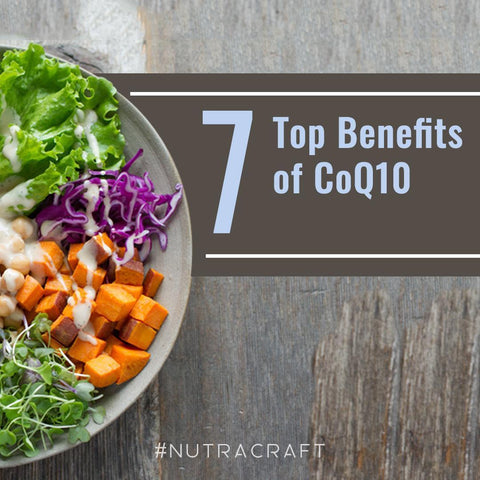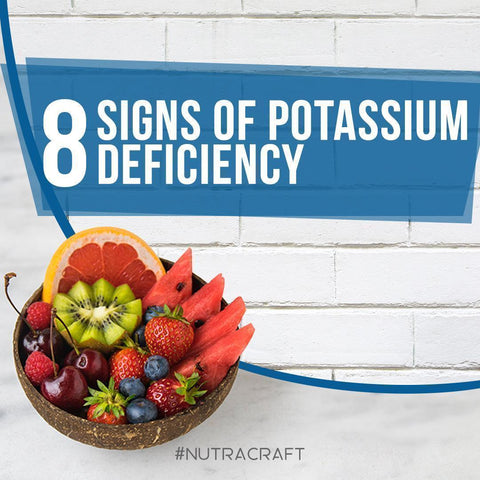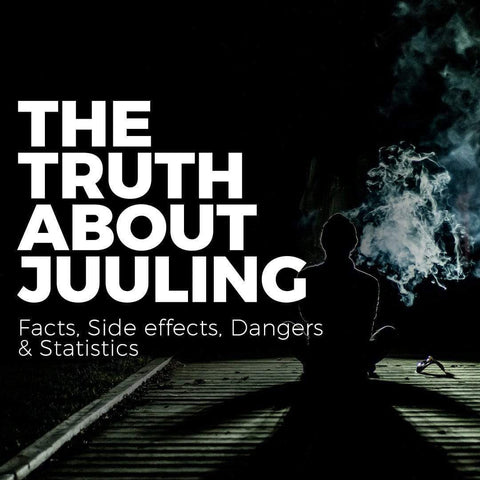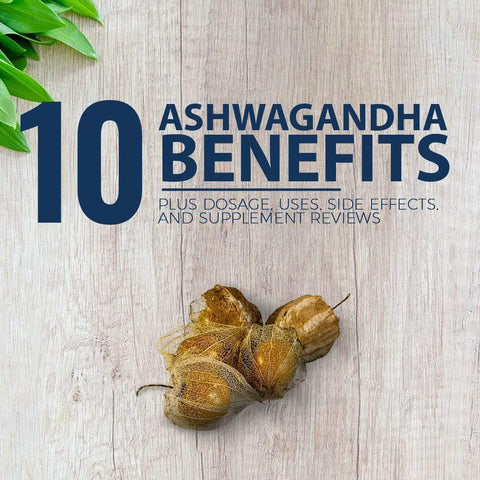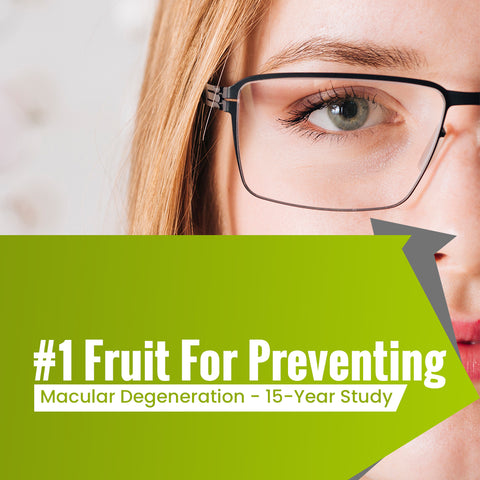
The importance of calcium has been drilled into our minds. We need calcium for strong bones. The dairy industry rubs in our faces that milk contains calcium. Remember the “got milk” campaign introduced in the early 90s?
We certainly need to get adequate calcium from our diets, as calcium has many critical functions in the body like building bones, regulating the contraction of muscles, facilitating nerve conduction, and aiding in the clotting of blood.
But do we really need to supplement with calcium in addition to eating it? Are that many people actually deficient in calcium?
Is there danger in taking calcium supplements?
Are You Getting Enough Calcium?

Chances are, if you are living in the developed world, you are getting plenty of calcium. Our access to a plentiful supply of a diverse range of foods, along with the artificial fortification of our food with vitamins and minerals, leaves little chance of someone suffering from a calcium deficiency.
The risk of calcium deficiency has dramatically decreased worldwide in the last two decades 1. Also, some researchers believe that calcium requirements may be lower than previously estimated 5.
And no matter what diet you’re on, if you are eating a relatively balanced assortment of foods, you will get plenty of calcium. For instance, if you’re an omnivore who loves eating and drinking dairy products, you’ll be loaded with calcium, just the same as if you’re a strict vegan who eats calcium-rich foods like greens, other veggies, nuts, and seeds.
Also, many of our modern day foods like cereals, baby food, bread, and juices often have calcium added to them 2.
Exclusive Bonus! Download the FREE report ‘5 Top Supplement for Optimum Health’ by clicking here.
Are Calcium Supplements Dangerous?

It’s very unlikely that you’re deficient in calcium. But are you posing any threat to yourself if you supplement with too much?
Calcium is great for your bones, but if too much of it gets into other parts of your body—the soft tissues like muscles, tendons, ligaments, and blood vessels—then it can spell danger.
These tissues are called “soft” because they are supposed to be soft. Not hardened by calcium.
When blood vessels get calcified, for instance, they harden and make you more likely to experience reduced blood flow, stroke, and heart attacks 3
When blood vessels get calcified, for instance, they harden and make you more likely to experience reduced blood flow, stroke, and heart attacks 3. If arteries are hardened by calcium, they can’t dilate and allow blood to flow as freely as it should, and the result could be deadly. One review showed that the use of calcium supplements was associated with a 30% increase in heart attack risk 4.
Many reports, though not all, show that high calcium intake “especially from calcium supplements” are associated with a greater incidence of heart attacks 3. At least one report specifies that only calcium supplementation is associated with artery calcification and not healthy calcium intake from the diet 9.
Calcium can accumulate not just in the arteries themselves but also in the plaque that can block your arteries 3. This fact gives further credence to the idea that excess calcium threatens your cardiovascular health.
Other soft tissue in your body can become calcified as well. Hip joints, ligaments, and tendons are all prone to calcification 6. This can account for some of the stiffness sometimes seen in “old” people.
Other soft tissue in your body can become calcified as well. Hip joints, ligaments, and tendons are all prone to calcification 6. This can account for some of the stiffness sometimes seen in “old” people.
If your muscles, ligaments, and tendons do experience some calcification, discomfort, impaired movement, and pain can result. Not pleasant.
Your Body May Not Be Able To Handle Excess Calcium
Researchers are concerned that since “even healthy kidneys have limited capability of eliminating excessive calcium in the diet, the likelihood of soft tissue calcification may increase in older adults who take calcium supplements” 3.
After an overflow of supplemental calcium, your body might not be able to eliminate the extra calcium through your urine.
Your Bones Don’t Depend on Just Calcium.
Many more nutrients in addition to calcium are needed to make healthy, strong bones. So don’t get too attached to calcium.
Vitamin D, magnesium and vitamin K are just as critical for your bones. They keep calcium out of your soft tissues and in your bones where it belongs 6,7.
Vitamin D, magnesium and vitamin K are just as critical for your bones. They keep calcium out of your soft tissues and in your bones where it belongs 6,7.
The mineral silica is also needed for bone mineralization and collagen proteins that strengthen your bones 8.
So calcium is just one piece of the bone health puzzle. Don’t go risking your heart health by taking too much calcium.
What to Do With This Info
Don’t be afraid of the calcium that is found naturally in healthy foods. Eat a balanced diet of vegetables, fruit, whole grains, nuts, seeds, and meat, and you’ll get a healthy amount of calcium.
But don’t take calcium supplements. There’s no need to risk it.
If you think you’ve ingested too much calcium for some time, make sure that you get adequate vitamin K (especially K2) and magnesium because these two nutrients have actually been shown to reverse soft tissue calcification 6,10.
Read more about calcium supplements and the book, Calcium Lie, here.
Which supplements are helpful?
Most people don’t realize that there are supplements that are ideal for every age range and even genders -- and sometimes taking a multivitamin may not be enough.
Master Herbalist, Dr. Donna Schwontkowski, reveals exactly what to do to help you look and feel your best at any age - with the top supplements needed for optimum health.





